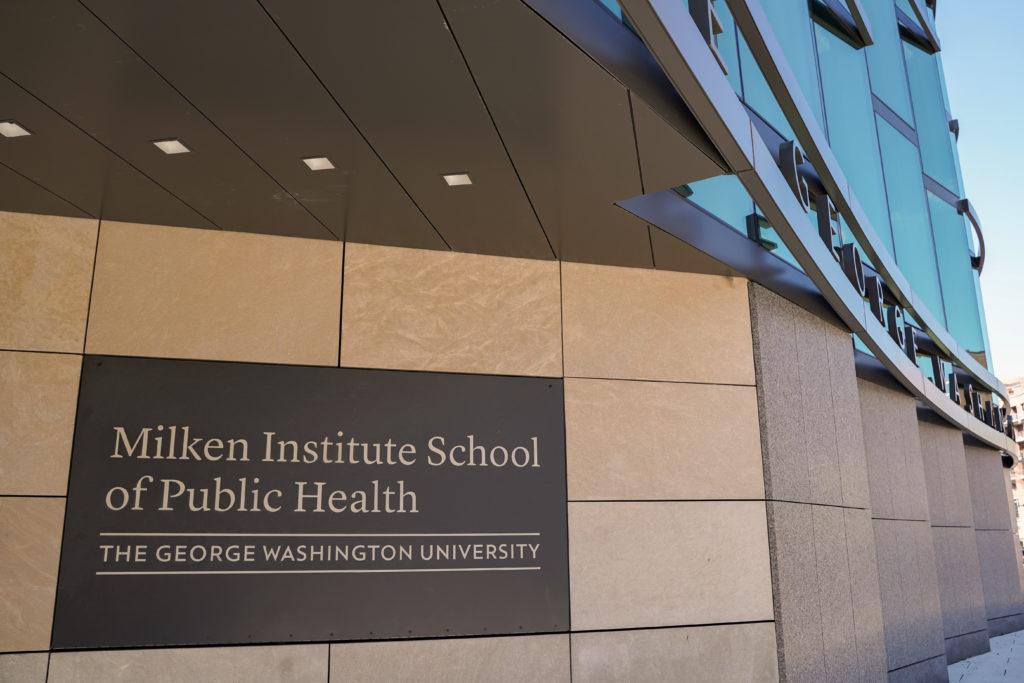A public health professor launched a blog series that will explore students’ views on how marginalized communities withstand environmental health issues.
Ami Zota, an associate professor of environmental and occupational health at the Milken Institute School of Public Health, launched the blog series last Wednesday alongside eight public health students from around the United States. She said students will write about environmental topics to educate people on the ways environmental problems like clean water access and air pollution impact marginalized communities.
Zota said the blogs combine two of her interests — science communication and mentoring students underrepresented in public health. She said she wants to engage the public with voices from the younger generation because people often only hear from “accomplished scientists and leaders.”
“I am particularly interested in amplifying the voices of young scientists of color who come from marginalized communities because their voices are often neglected,” she said in an email.
Zota said the series will cover global topics like health and justice for farmworkers, gentrification, food justice in black communities, climate change and public health repercussions of the housing affordability crisis.
She added that the blog series will blend science and storytelling, which she said can be more compelling to the public than scientific data alone. Zota said she hopes to push forward new ideas and perspectives and reach populations – namely young adults of color – that don’t gravitate to the public health field.
“The face of science is changing,” she said. “Increased diversity within the world of environmental health research is spurring the innovative ideas and solutions to push our planet forward in a healthy, more just direction.”
Ans Irfan, a doctor of public health student and an adjunct professor who will contribute to the series, is one of four public health students from GW who will contribute to the blog series. Irfan said his writing will combine viewpoints of environmental health with culture and public policy.
Irfan said the opportunity to get involved with the series was “irresistible” because scientists of color do not always have a forum to share their viewpoints and ideas.
“More often than not, people in positions of power have a tendency, however unintentional, to discount your qualifications and opinions if you are a person of color from an underrepresented group,” he said.
Laura Vandenberg, an associate professor of environmental health sciences at the University of Massachusetts Amherst, said the blog series is a way for a new generation of scientists to begin taking action on public health problems.
“It is ridiculous to think that somehow you have to have gray hair to advocate for health or to advocate for the environment or to advocate for policy,” she said.
Vandenberg said environmental health problems, like clean water access and air pollution, that affect marginalized communities, will continue to be ignored if research and commentary in the public health field do not consider diverse viewpoints.
“By making practitioners of public health more representative of the communities in which we live, and work, and send our children to school, then we’re able to address the questions that affect all communities, and not just some communities,” she said.




